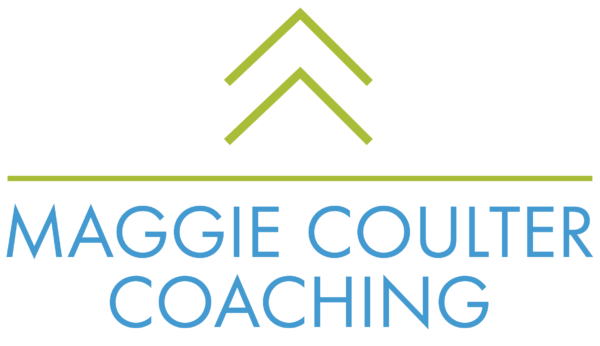Pain-free? Impossible, but you CAN suffer less
The situation:
There are times in our lives when everything seems confusing, upside-down, overwhelming, or a constant struggle.
When we’re in the midst of it all, we forget how often these moments pass to make way for ease, realignment and renewed purpose. We ruminate over and over again on how we can get out, escape, move past the tricky phases. We ignore how we feel and what is possible to learn about ourselves. We fight and refuse to surrender to what is really happening inside of us, the changes that are taking place.
Pain is bad, we’re taught, and this message persists in many conversations and forms of media. We’re encouraged to “think positive,” take medication at the first sign of pain, and to fear most symptoms of anxiety or depression.
But what if pain isn’t really the problem?
The opportunity:
The Buddhists have got it right, in my opinion: it is suffering that is undesirable, and suffering is caused not by pain itself, but rather our resistance to experiencing pain at all. Hence,
Suffering = Pain + Resistance
(Suffering is defined by Wikipedia as: an experience of unpleasantness and aversion associated with the perception of harm or threat of harm in an individual.)
By focusing your efforts on reducing your resistance to pain, your suffering is reduced as well. After all, pain is often out of our control entirely. Things happen, they cause pain. You can only exert control over the things that happen to cause you pain to a reasonable extent – the rest is up to fate (or whatever you want to call it).
In addition, pain-inducing things may have already happened long before you had any capacity to control much at all, yet the pain may live on in your body. Your suffering increases with resistance to knowing this pain and acknowledging it over time and with support as needed.
The practice:
Reducing suffering while going through a tough period starts by noticing how much you are resisting your pain in the first place. How much energy are you using to avoid thinking your painful thoughts, and avoid feeling your painful emotions?
Consider being open to your thoughts and feelings instead, even if it requires practice every day for a little while (in the form of written reflection or speaking to a trusted confidante).
At the very least, you’ll take some of the pressure off of yourself to be impossibly pain-free in life. Moreover, you’ll develop the strength to tolerate painful emotions to a greater extent, allowing you to connect and relate to more people (and feel less alone), better understand the world we live in (making room for new ideas to emerge and guide you forward), and choose to be less reactionary and more thoughtful with every decision you make.
All it takes is a little less resistance to what is real for you.
For your own reflection:
1. When do you last remember going through a tough time, in work and/or life?
2. How much of your efforts were focused on avoiding or eliminating the source of your pain, and what impact did those efforts have?
3. What would you like to try instead, the next time around?
